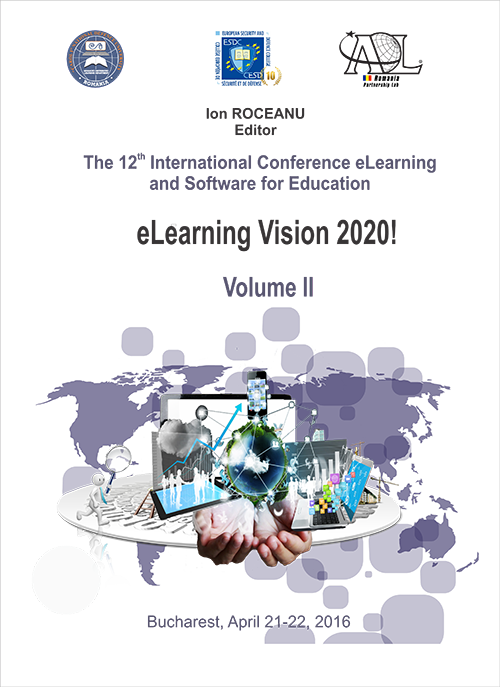INTERNATIONAL STUDENTS' PERSPECTIVES ON ACADEMIC DISCUSSIONS IN A MULTICULTURAL ENVIRONMENT
INTERNATIONAL STUDENTS' PERSPECTIVES ON ACADEMIC DISCUSSIONS IN A MULTICULTURAL ENVIRONMENT
Author(s): Simona VasilacheSubject(s): Higher Education , Sociology of Culture, Sociology of Education
Published by: Carol I National Defence University Publishing House
Keywords: multicultural education; academic discussion; international students;
Summary/Abstract: Multicultural environments are omnipresent in our 21st century world and the multicultural nature of education is presenting challenges to educators on all continents. Japan universities follow the same trend and instructors in charge of educating international students, along with local Japanese students, need to constantly adapt their teaching styles. The University of Tsukuba is home to several undergraduate programs taught entirely in English, with a large population of international students. Our paper focuses on a group of international students' perspectives of an academic discussion class, held at the University of Tsukuba, within the past three years. We based our study on two different sets of data: one involving the spring 2015 class of students enrolled in the academic discussion course and another one involving data collected in the past three years from the same academic discussion course. The first set of data is derived from a questionnaire given to the group of students enrolled in the academic discussion class held in spring 2015. The respondents were asked to express their views on the benefits of academic discussion classes in general, their personal reasons for enrolling in such a class, the preferred discussion style, the reasons behind theirs and others more/less active participation, the effects of such a class on their personal opinions etc. They were also questioned about their beliefs with regard to different styles of debating and arguing: whether there are differences or not between genders and whether eastern and western cultures approach such discussions in different ways. Moreover, they were asked to give suggestions for organizing an academic class in general, along with listing what they liked most/least about the class. The second set of data was compiled from end-of-class sheets, filled in every week by the participants in the past three years of the academic discussion class. Besides comments on each week's presentations (held by the students themselves), the subjects characterized the class discussions, choosing from a number of pre-defined attributes. They also expressed what they thought was most intriguing, surprising or interesting about each class, along with suggestions for improvement of plenary or group discussions. Our paper presents the results gathered from the above two sets of data, along with our conclusions.
Journal: Conference proceedings of »eLearning and Software for Education« (eLSE)
- Issue Year: 12/2016
- Issue No: 02
- Page Range: 273-279
- Page Count: 7
- Language: English

